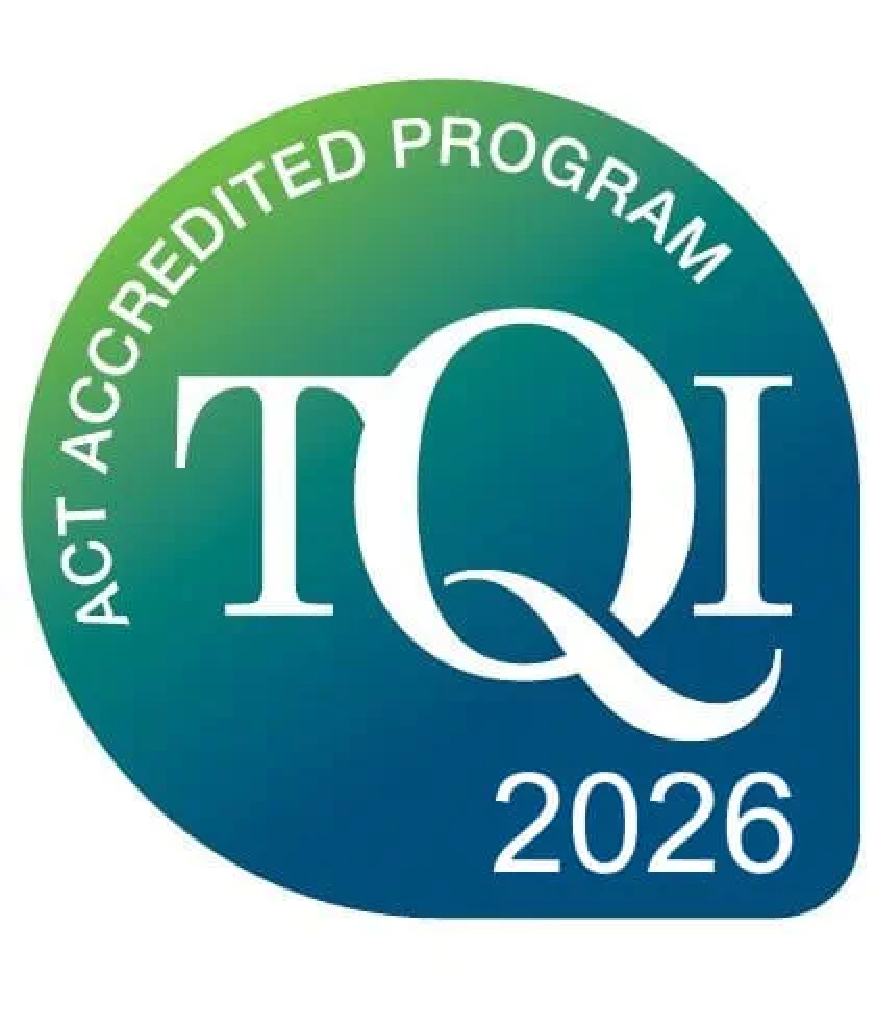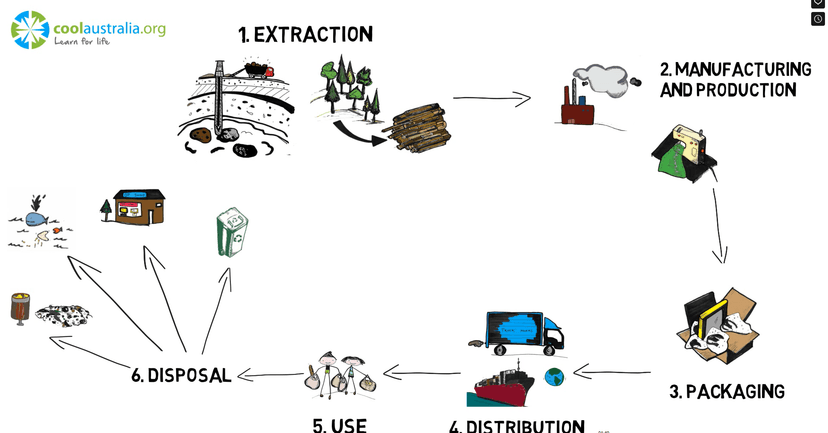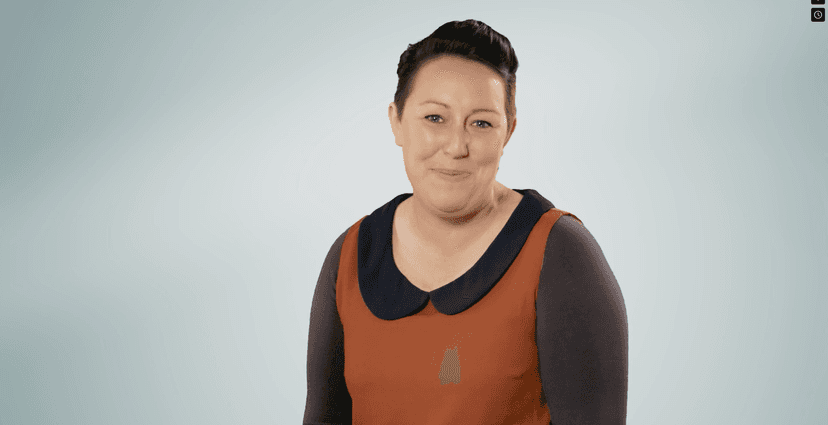You will learn:
Course time:
Accreditation:




Start here
About this course

Linking to industry
Stages of a life cycle assessment
Life cycle of paper
Inputs and outputs
Inputs and outputs of the lifecycle of paper
Life cycle of a plastic bottle
Inputs and outputs of bottled water
Planned obsolescence
Eco-design and alternatives
Alternatives to plastic water bottles
Teaching life cycle assessments
Lesson plans
Taking learning further
Stories from two designers

Reflect on your learning
Congratulations

Mark Drummond from Cool.org is your course teacher. He has worked in the education sector for over 11 years as a classroom teacher, Leader of Pedagogy within an Ed-Tech startup, and an educational consultant. Mark is an absolute science nerd and loves talking about dinosaurs as much as he loves talking about education (which is a lot)!